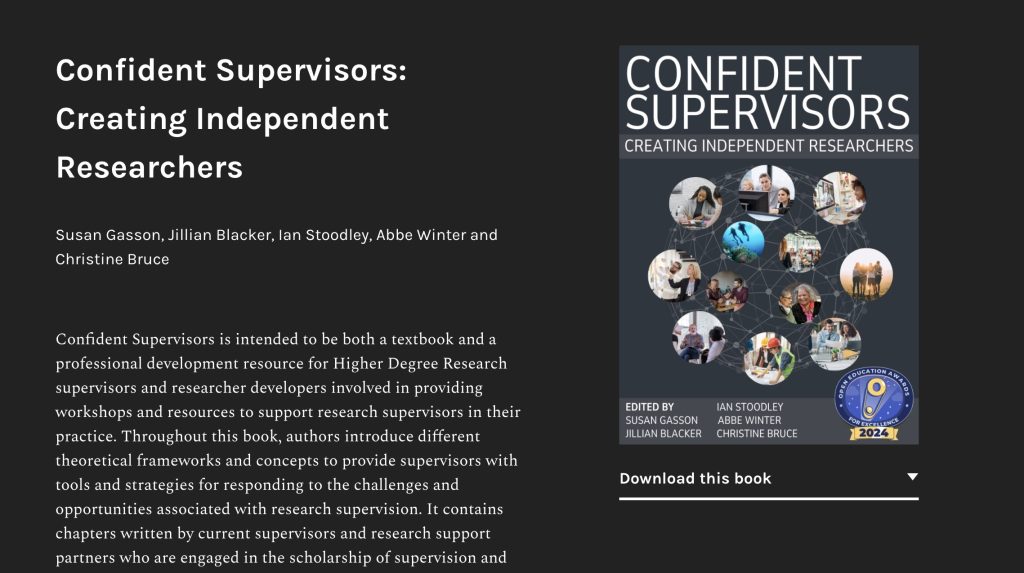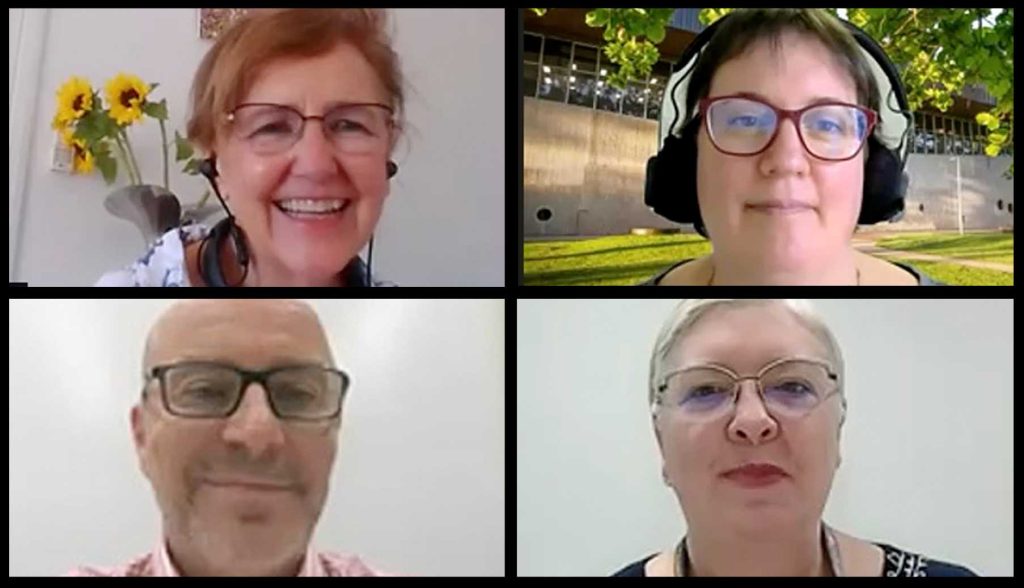Universidad Politécnica de Madrid hosts e-Madrid 2023
The eMadrid seminar on «Digital Competencies of University Teachers for Open Education» took place on Friday, February 24th, in Madrid, Spain.

One of three presenters, the executive director of OEGlobal, Andreia Inamorato, presented her paper «Digital Competences for Open Education» at the seminar. Hosted at Universidad Politécnica de Madrid (UPM), the seminar is part of the regular events of the eMadrid Network, a project promoted by the six universities of Madrid (UC3M, UAM, UCM, URJC, UPM, and UNED) that is focused on the development and promotion of e-learning and digital education in the region.

Having the new OEGlobal ED present at this seminar was an excellent opportunity to re-energize the relationship between OEGlobal and the Universidad Politécnica de Madrid (UPM).
In fact, the e-Madrid seminar lead to a live session during OE Week 2023 where the same group discussed Competencias Digitales en Educación Abierta.
As one of the initial founding members of OEGlobal, UPM has been a critical open education collaborator and advocate partner over the last 11 years.
Open Education at Universidad Politécnica de Madrid
UPM has been at the forefront of open education initiatives in Spain, promoting open educational resources (OER) and open-access publishing.
The university’s OpenCourseWare (OCW) program provides free and open access to course materials from various disciplines. The program offers over 600 courses, including materials in English and Spanish. UPM also supports the development of Massive Open Online Courses (MOOCs), providing a platform for faculty to offer courses to a global audience.
In addition to its open education initiatives, UPM is also committed to promoting digital literacy among its students and faculty.
The university’s Digital Competence Center provides training and support for the use of digital tools and technologies in teaching and research.
If you were at e-Madrid, we’d love to hear!
OEG Connect is the global forum for open educators and activists. On it, you can chat with colleagues and discuss what is important to you. If you were at the e-Madrid event mentioned above or have something more to share about Universidad Politécnica de Madrid’s Open Education activities, please let us know by clicking the reply button below to share!

